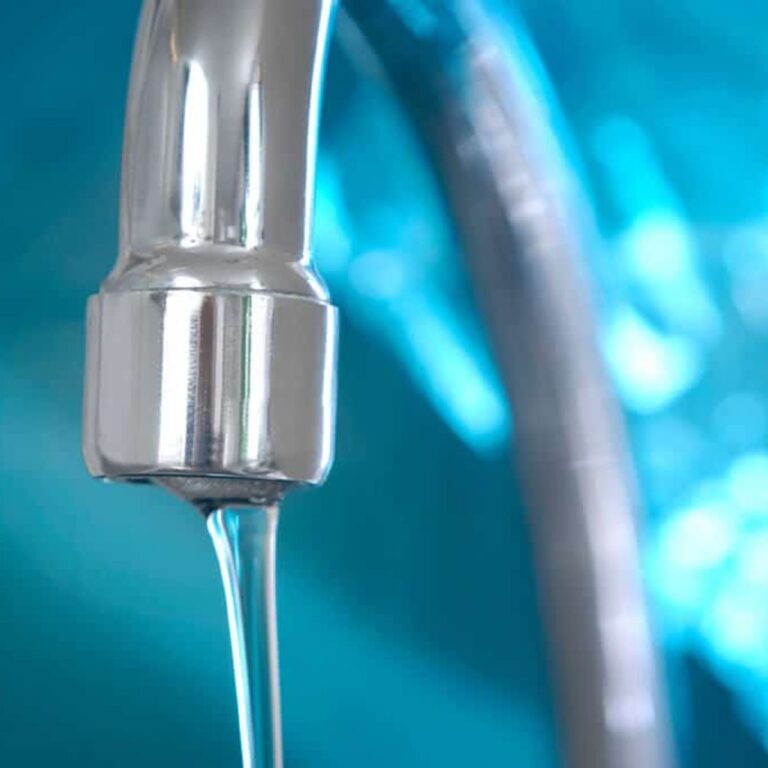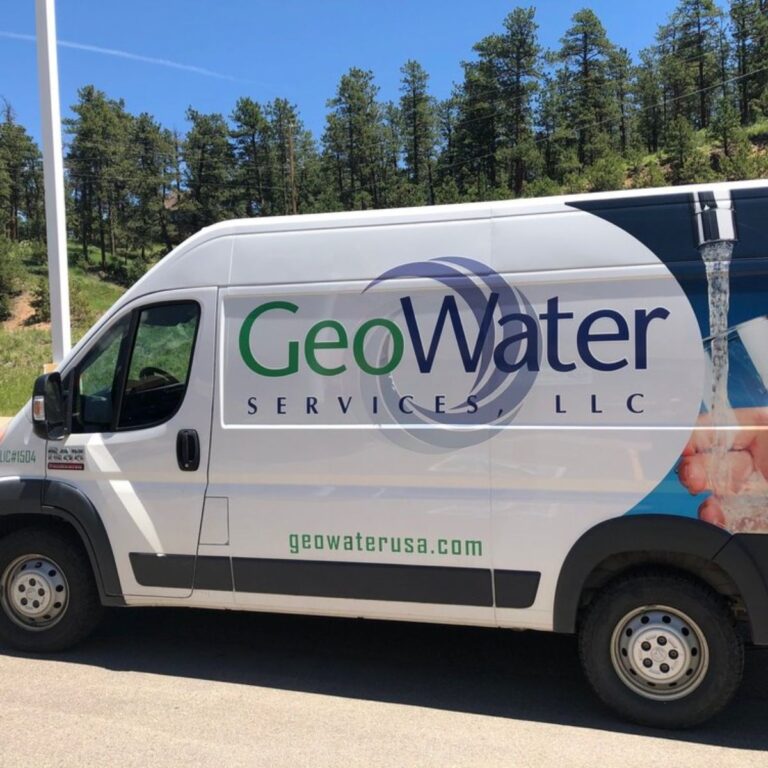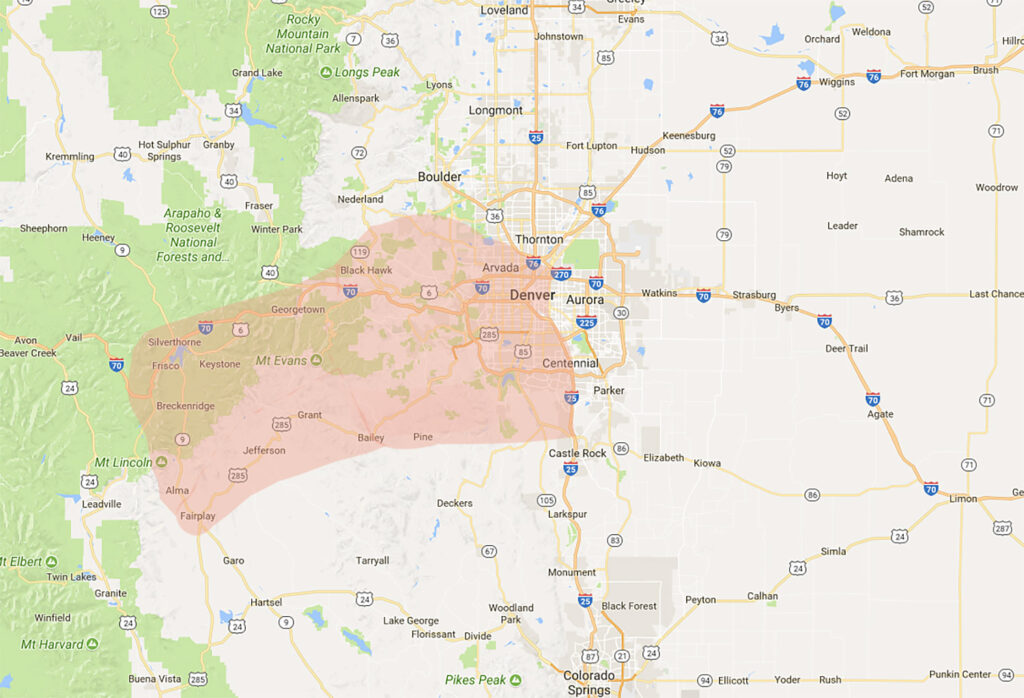How to Test the Quality of Your Well Water

When it comes to the water we drink, cook with, and use for various household purposes, quality is essential. Private water well owners must be proactive in ensuring their well water is clean and safe. Regular testing of well water quality is crucial in maintaining long-term health and wellbeing. GeoWater Services, a leading expert in water well services in Colorado, offers invaluable guidance and support to homeowners, businesses, and communities to guarantee their water supply meets stringent quality standards.
In this blog post, we walk you through the fundamental process of well water testing and the essential factors to consider for maintaining water quality.
When to Test Your Well Water
Well water should be tested regularly, with most experts recommending annual testing for key contaminants, including coliform bacteria, nitrates, pH levels, and total dissolved solids (TDS). Testing should also take place in the following scenarios:
- You notice a change in taste, odor, or appearance of the water.
- A newly installed or repaired well component requires assessment.
- After heavy rainfall or flooding that may have affected the water quality.
- A family member or a neighbor experiences recurring gastrointestinal issues.
Staying vigilant and promptly scheduling water tests whenever an issue arises is crucial in protecting your health and preserving the overall well system.
Test for Specific Contaminants
Water tests may be customized to check for specific contaminants, sometimes recommended by local health authorities or environmental agencies based on regional or seasonal concerns. Some common contaminants to watch for include:
- Bacteria:
Coliform bacteria are indicators of potential contamination by disease-causing microorganisms. - Nitrates:
These can originate from fertilizers, animal waste, and septic systems, and high levels can prove harmful, especially for infants and pregnant women. - Metals:
Excessive concentrations of metals like arsenic, lead, or iron can affect water quality and pose health risks. - Pesticides and herbicides:
Runoff from agricultural and residential use of chemicals can contaminate well water. - Radon:
A radioactive gas linked to lung cancer, radon can seep into groundwater and enter your home through private wells.
Professional Testing Services
Well water testing isn’t a ‘do-it-yourself’ task; it requires a trained professional using specialized equipment to ensure accurate results. When testing water quality, we collect samples and send them to our in-house, certified laboratory for analysis. The lab will provide a detailed report on your water quality, ensuring you have the knowledge to make informed decisions about any necessary remedial actions.
GeoWater Services is dedicated to helping homeowners, businesses, and communities safeguard their well water quality. Not only do we offer a one-stop-shop solution for water well needs, but we also excel in dealing with projects of all sizes, from designing and installing reliable well systems to maintaining and servicing every component. Trust us to provide the expertise and support you need for a healthy and worry-free water experience.














